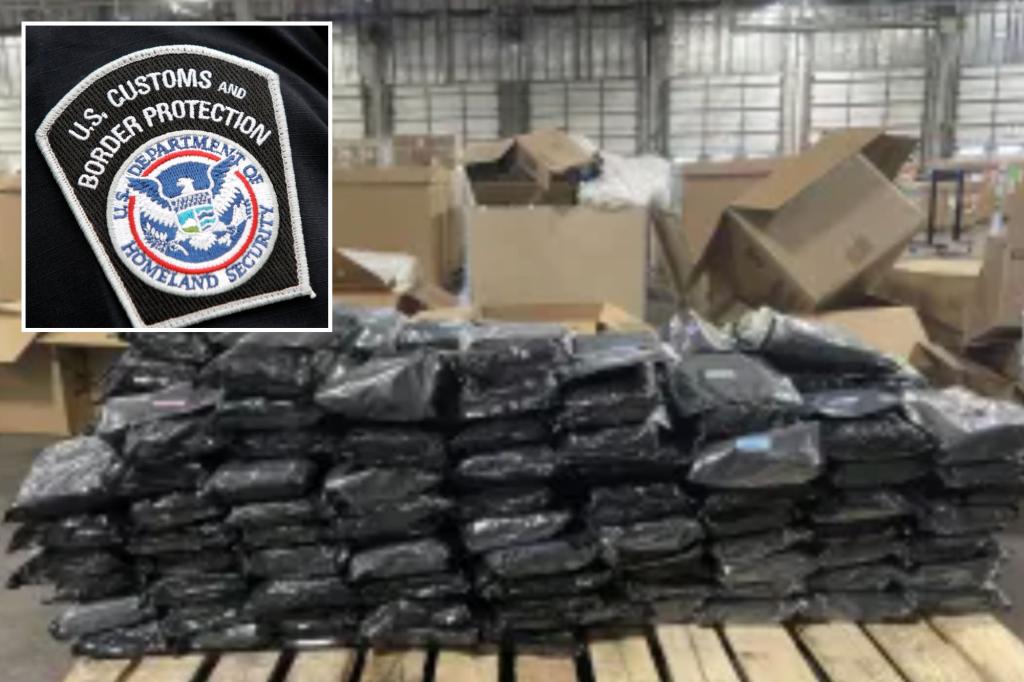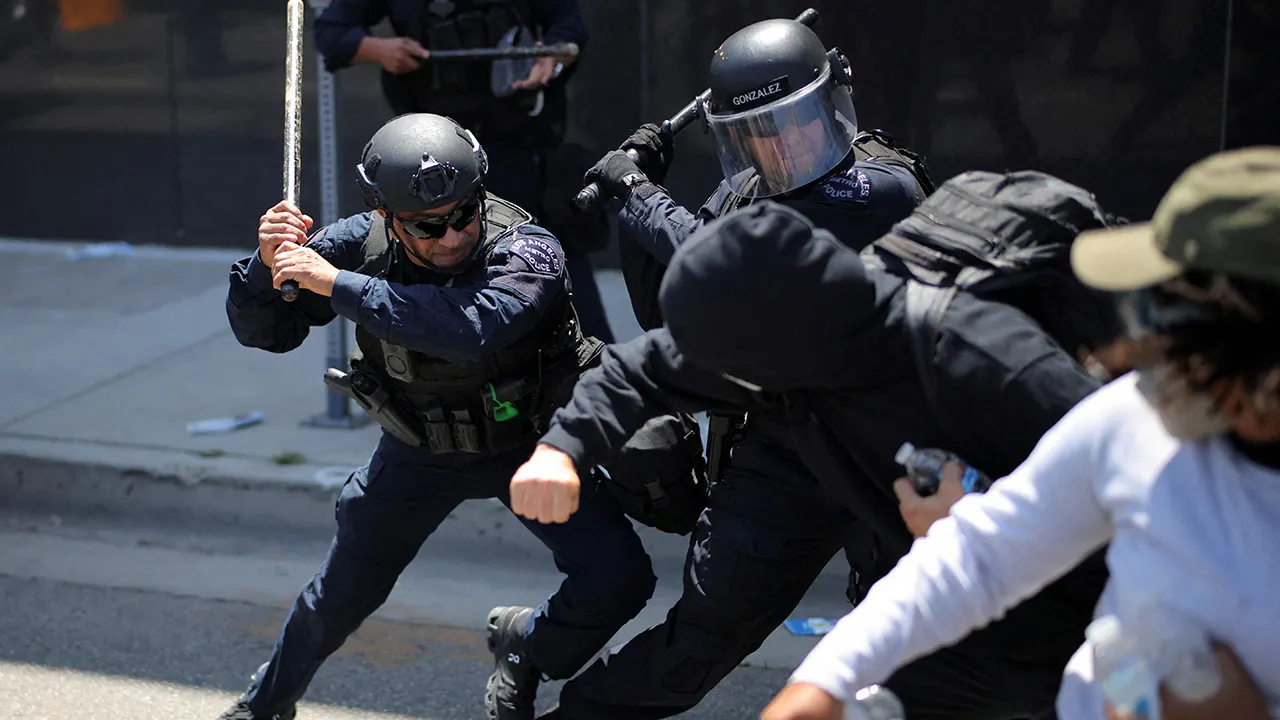Drug Smugglers’ Bold Tactic: $875K in Marijuana Concealed in Men’s Overalls
In a startling drug interdiction operation, U.S. Customs and Border Protection (CBP) officers seized 1,750 pounds of marijuana worth $875,000 hidden within a shipment of men’s work overalls at a Texas border crossing. The discovery occurred on June 12, 2024, at the Laredo Port of Entry, revealing traffickers’ increasingly sophisticated concealment methods amid heightened border security measures.
Unpacking the Smuggling Operation
CBP officers conducting routine inspections of commercial freight became suspicious when X-ray scans showed anomalies in a truckload of clothing. A physical search revealed vacuum-sealed bricks of marijuana stitched into the lining of hundreds of overalls, with each garment containing approximately 1 pound of cannabis. The shipment originated in Mexico and was destined for Houston, Texas.
“This seizure demonstrates how drug trafficking organizations continuously adapt their concealment techniques,” said CBP Laredo Port Director Alberto Flores. “They’re investing significant effort into making contraband resemble legitimate goods, which challenges our inspection protocols.”
The Evolving Landscape of Drug Trafficking
Recent CBP data shows a 17% increase in creative concealment attempts since 2022, with traffickers using everything from:
- Food products (canned goods, produce shipments)
- Industrial equipment (machine parts, hydraulic systems)
- Consumer goods (toys, furniture, clothing)
Dr. Elena Marquez, a border security analyst at the University of Texas, notes: “The overalls scheme reflects a strategic shift. Traffickers are betting on CBP’s resource limitations—they know inspectors can’t physically examine every garment in large shipments.”
Border Security Challenges and Countermeasures
The Laredo crossing processes over 14,000 commercial trucks weekly, creating what officials describe as a “needle-in-a-haystack” scenario. CBP has responded with:
- Advanced imaging technology (94% of trucks now scanned)
- Canine units trained in odor detection (37 new teams deployed in 2024)
- Automated targeting systems that flag high-risk shipments
Despite these measures, the June 12 seizure represents the third major marijuana interdiction at Laredo this year, totaling $2.3 million in prevented drug traffic. Nationwide, CBP reports seizing 127,000 pounds of marijuana in FY2024 through May—a 22% decrease from 2023, reflecting shifting market dynamics toward synthetic drugs.
Market Forces Driving Smuggling Innovation
While U.S. marijuana legalization has reduced domestic demand for Mexican cannabis, price disparities create profit opportunities. A pound wholesales for:
- $400 in Mexico
- $1,200 in Texas
- $2,500 in eastern U.S. states
“These margins justify complex smuggling schemes,” explains DEA Special Agent Daniel Kim. “When we disrupt one method, they develop another within weeks. The overalls operation likely took months to plan—the stitching was nearly undetectable.”
Legal and Policy Implications
The incident renews debates about border security funding allocations. While CBP’s 2024 budget includes $1.2 billion for non-intrusive inspection technology, some lawmakers argue for increased staffing.
“Technology can’t replace human intuition,” says Congresswoman Veronica Escobar (D-TX). “The officer who spotted this anomaly had 15 years’ experience. We need to retain that institutional knowledge.”
Conversely, proponents of automation point to successful AI-assisted seizures. A pilot program in Arizona using machine learning to analyze scan data has improved detection rates by 31% since January.
What’s Next in the Smuggling Cat-and-Mouse Game?
Authorities anticipate traffickers will continue refining concealment methods, potentially exploiting:
- E-commerce supply chains
- Cross-border trade agreements
- Legitimate business fronts
The seized overalls shipment is undergoing forensic analysis to identify manufacturing origins. Meanwhile, CBP advises logistics companies to implement stricter vendor verification processes. “Supply chain participants must become force multipliers,” urges Flores. “Report suspicious orders—like unusually large clothing shipments to new customers.”
As border security evolves, this case underscores the perpetual innovation on both sides of the drug interdiction battle. For citizens, vigilance remains key. Report suspicious activities to CBP’s Tip Line at 1-800-BE-ALERT—your observation could disrupt the next sophisticated smuggling attempt.
See more CNN Headline



